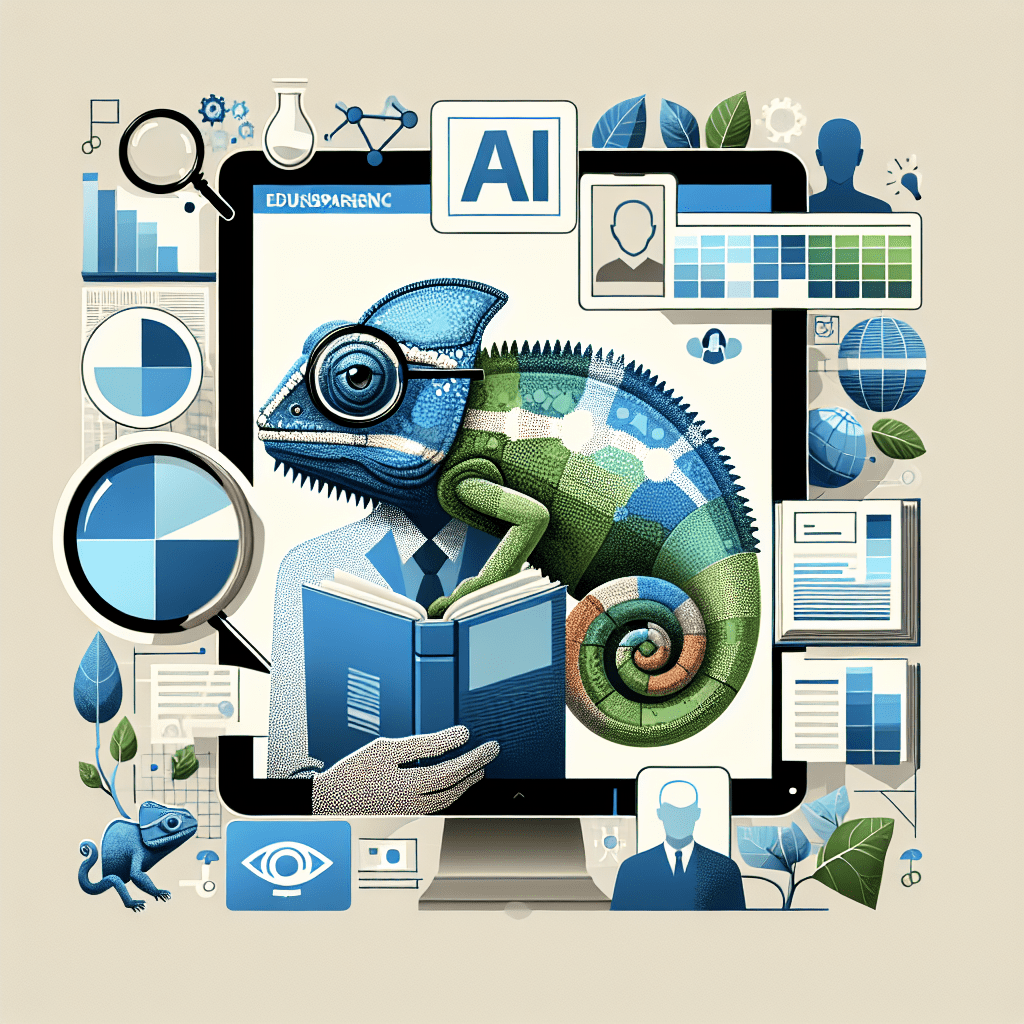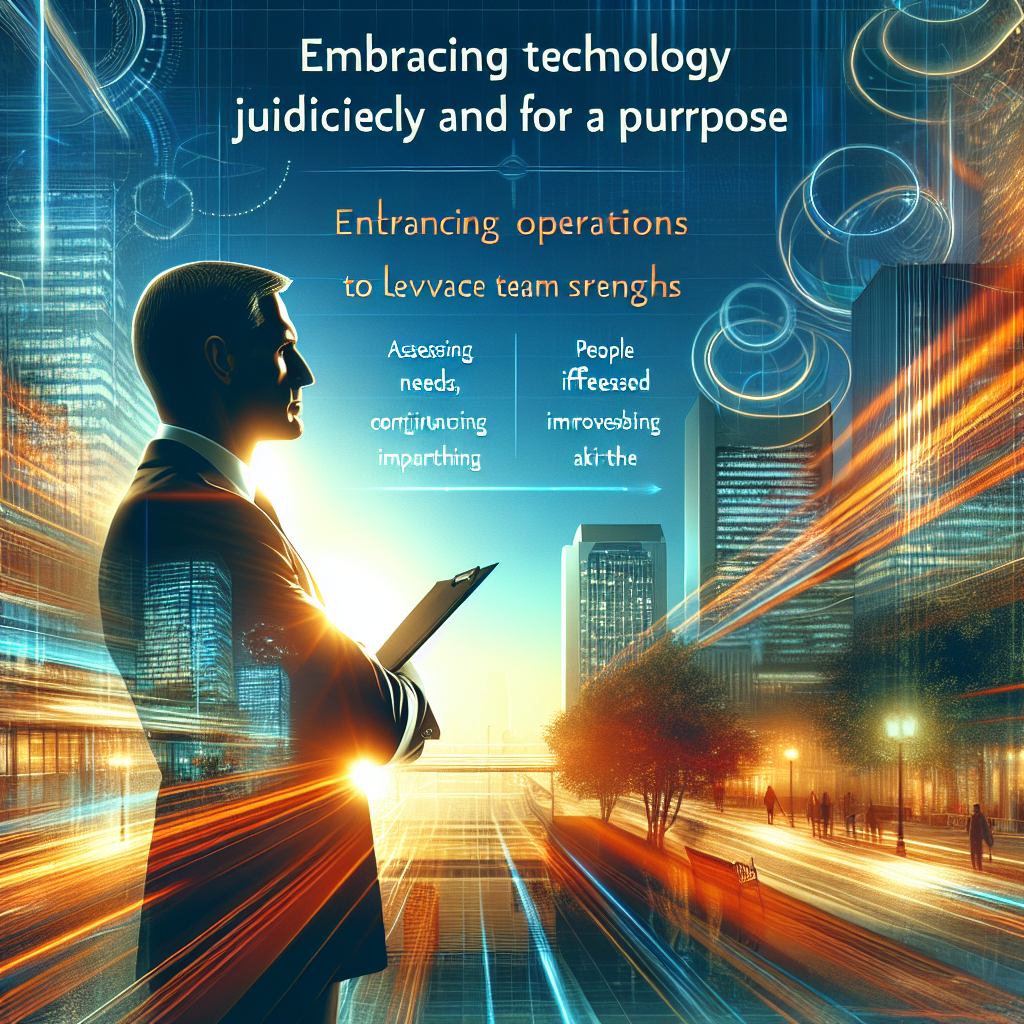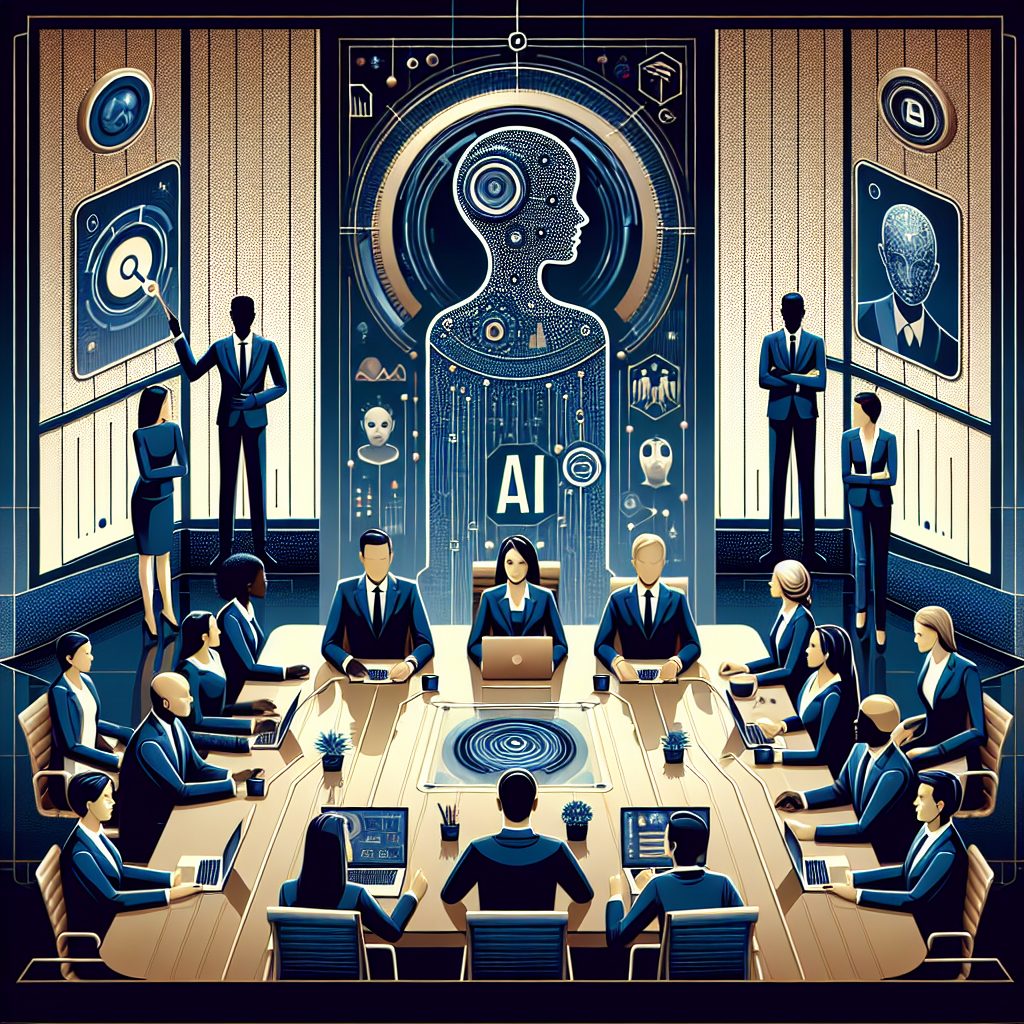
Navigating the Ethical Landscape of AI: Principles for Responsible Use

AI: A Double-Edged Sword That We Must Navigate Carefully
Artificial intelligence is not just the latest buzzword in boardrooms and tech meet-ups—it’s an absolute game-changer. Let’s be honest: we’re standing on the edge of a revolution that could reshape our lives in ways we can only begin to imagine. But with great power comes great responsibility, and that is where things start to get tricky.
Why Should We Care About AI’s Ethical Use?
As we dive headfirst into this AI-driven future, it’s tempting to get lost in the excitement of what technology can do for us. Whether it’s automating mundane tasks or unleashing creativity in ways we’ve never seen, the potential is truly staggering. But if we’re not careful, we could easily become intoxicated by its capabilities, ignoring the ethical dilemmas it presents.
At City Skills, we believe that embracing AI should come hand-in-hand with a critical understanding of its implications. After all, how we wield this technology today will influence generations to come. We must strive to harness AI’s potential ethically while reaping its rewards.
Three Guiding Principles for Ethical AI Use
So how do we ensure that we are not chasing shiny objects blindly? Here are three guiding principles we hold dear at City Skills:
- Educate ourselves and our teams on AI’s capabilities and limitations.
- Foster a culture of ethical use, prioritising transparency and accountability.
- Stay open to adaptability, evolving practices as the technology develops.
These principles are not just theoretical ideals; they are practical actions that we can take to ensure that we are using AI in a responsible manner. The world is changing rapidly, and adaptability is essential.
How to Educate Yourself and Your Team
Begin by investing in training sessions and workshops that unravel the complexities of AI. This isn’t just about understanding what AI can do, but also acknowledging what it can’t do. Understanding limitations can help avert unrealistic expectations and the potentially damaging fallout from them.
Encourage team discussions that challenge the status quo. Create a culture where questioning the ethical implications of AI is not only welcomed but celebrated. Prepare yourself to say, “What could go wrong?” rather than just “Look at what we can achieve!”
Fostering Transparency and Accountability
In today’s world, transparency is a currency that we can’t afford to overlook. If your company intends to adopt AI technology, it’s vital to maintain an open dialogue with all stakeholders involved. Make sure everyone within the organisation understands why certain decisions are made, and how AI is impacting their roles.
Accountability must also be front and centre. Whether it’s establishing guidelines for AI use or implementing regular audits, being answerable for AI decisions strengthens trust in the technology and your leadership.
The Importance of Adaptability
The landscape of AI is ever-changing, and we must be willing to evolve with it. Take the time to reassess and refine your approaches to AI as new updates and features roll out. Keep in mind that flexibility is key—what works today may not be effective tomorrow.
This adaptability isn’t just about keeping up with the latest trends; it’s about being attuned to the moral compass that guides AI use. Ensure that your team is encouraged to innovate while also prioritising ethical considerations.
A Personal Reflection on Embracing Change
When I first ventured into the world of business, I faced a similar sense of intimidation that many feel towards AI today. Change is often daunting, but I’ve learned that leaning into those fears often leads to the most rewarding experiences. It’s about being curious and courageous—a mantra I carry with me to this day. Trust me, navigating the waters of AI is much like sailing into uncharted territories. The winds may shift, but with the right navigation, the journey can be incredibly fulfilling.
Looking Ahead: How Will You Use AI Responsibly?
The future is indeed bright, but only if we approach it with wisdom and foresight. As you reflect on your own organisation, consider: how are you ensuring that AI is being used responsibly? Are you fostering a culture that will stand the test of time?
Let’s keep the conversation flowing. Feel free to share your thoughts, experiences, or questions in the comments below. After all, we’re all in this together, and learning from one another is what makes us stronger.
Cheers to a brighter, more responsible future with AI!





